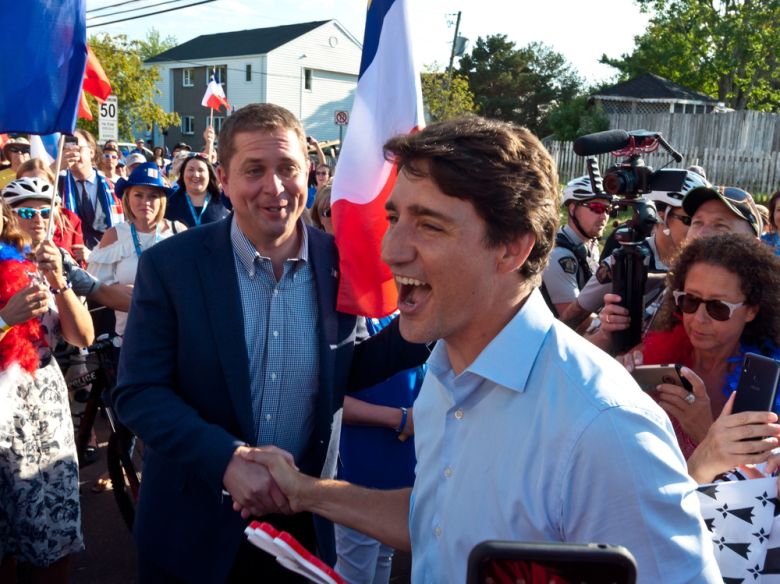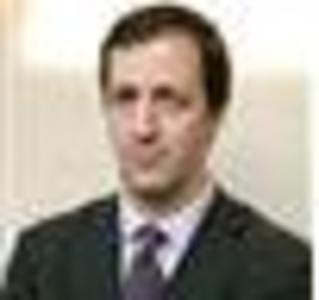As we await the start of the election campaign that began several months ago, some cynics would have you believe the whole thing is little more than a hollow ritual, an empty contest in mass manipulation between rival gangs of careerists and power-seekers who, for all their partisan breast-beating, do not differ in any meaningful way.
Don’t be fooled. Seldom have the choices been so stark, or the stakes so high.
The two main parties, after all, could not be more different. The one, it is well known, is little more than a personality cult centred on the leader, while the other is a personality cult, minus the personality. The first is notably bereft of any governing philosophy or principles but will say and do whatever it takes to win, while the second will say and do whatever it takes to lose.
Of course, both parties have from time to time had their share of scandals, a Wright-Duffy here, an SNC-Lavalin there, but with a critical difference. For whereas the Liberals abuse power because they can — because being so often in government and so accustomed to its pleasures, no one expects them to do any differently — the Conservatives do so because they must: because being so rarely in government, they are at every disadvantage, between an uncooperative bureaucracy and a hostile media, and need recourse to every expedient just to even the scales. Or because the Liberals did it first. Or just because.
It is a choice between a party that makes no secret of its opposition to electoral reform and a party that very successfully made a secret of it
On the issues, too, voters face a profound, nay, a historic choice. It is a choice between a party that has run deficits for the last four years, and a party that would run deficits for the next five; between a party that negotiated free trade deals with the United States, Europe and Asia, and a party that negotiated free trade deals with Asia, Europe and the United States; between a party that held health-care transfers to the provinces to increase by no more than the rate of growth in GDP, and a party that has increased health-care transfers by no less than the growth in GDP.
It is a choice between a party that makes no secret of its opposition to electoral reform and a party that very successfully made a secret of it; between a party that repeatedly smuggled legislation past Parliament via gargantuan omnibus bills, invoked “time allocation” motions to cut off debate and held its members captive to the most rigid system of party discipline in the democratic world, and a party that said it would not do any of these things.
It is a choice between a party that, in its time in office, failed to build a single pipeline to tidewater, and a party that has failed, in its time in office, to build a single pipeline to tidewater; between a party that has no realistic plan to meet the targets for greenhouse gas emissions to which they both have committed, and a party that has a plan that is even less realistic.
It is a choice between the heartless Conservatives, who would turn refugee claimants back at the Canadian border without so much as a hearing, and the caring Liberals, who (as of this year’s budget omnibus bill) would send them back even after they have been living here — again, without a hearing.
Do I exaggerate? Consider the vast differences between them on other issues, too numerous to mention, too obvious to discuss. On supply management. On regional development. On equalization, or employment insurance, or Quebec’s Bill 21.
Or military procurement, as in the contest to supply the air force with a new fleet of next-generation fighter jets. The Conservatives, in power, famously botched the project: the competition was rigged from the start to favour Lockheed Martin’s F-35. Whereas under the Liberals, the competition was rigged in Lockheed’s favour only after it had been excluded from it.
Of course, elections are not just about the parties; they are as much or more about the party leaders. Here, too, voters will have to choose between two very different white middle-aged Catholic heterosexual males (themselves entirely unlike any of the white middle-aged Catholic heterosexual males — Dion, Martin, Chretien, Mulroney, Clark, Turner, Trudeau the elder — who preceded them).
It’s not just a choice between a Liberal party leader elected by people who weren’t Liberals and a Conservate party leader elected by people who weren’t Conservatives — it’s between a leader who has no experience of the struggles of ordinary people and a leader who has spent two-thirds of his adult life on the public payroll.
It’s between a leader who would not reopen divisive social issues and a leader who demands they be reopened just long enough to declare them closed; between a leader who insists that same-sex marriage and abortion and marijuana remain legal and another who accepts that they will.
Perhaps the sharpest point of distinction between the two can be seen in that traditional test of Canadian leadership, foreign policy. The two leaders would fail to exert any influence on the United States or China in completely different ways. On defence spending, though neither would come close to meeting our NATO commitments, one would feel more badly about it.
Still, the two leaders are alike in one respect, I’ll grant you. Neither wants anything to do with Doug Ford.




























